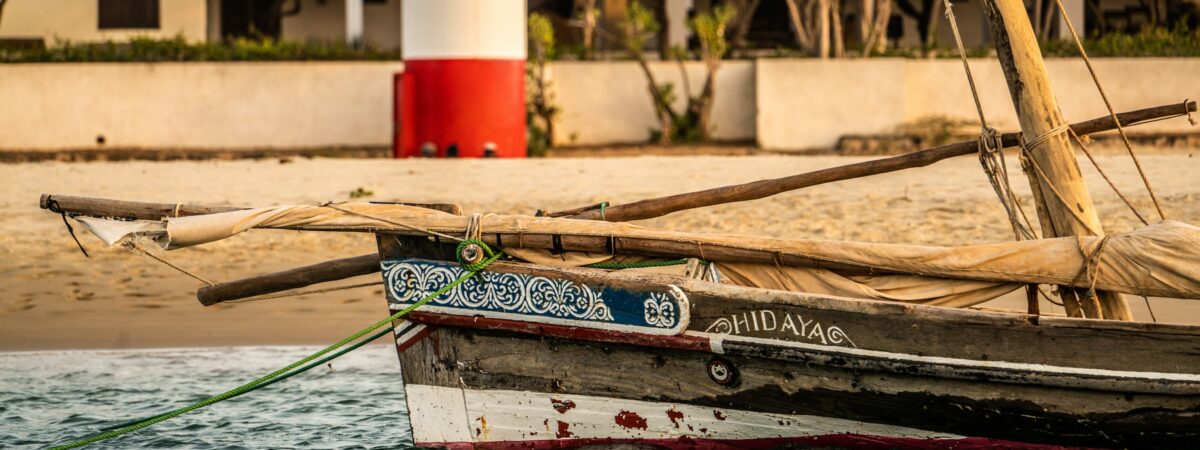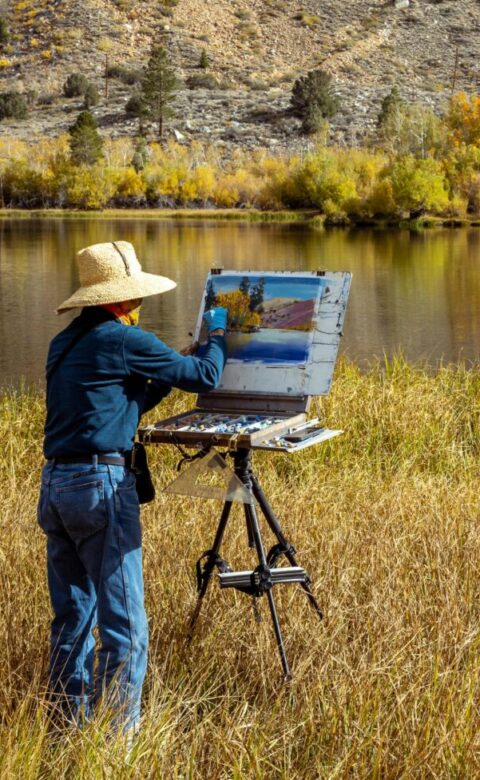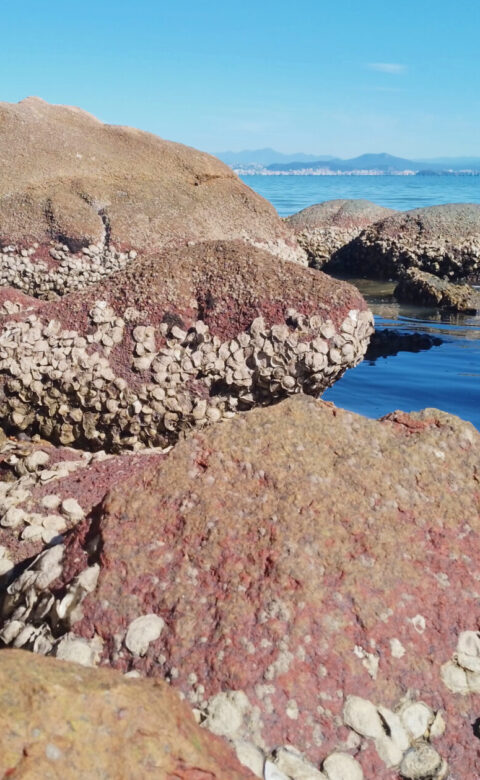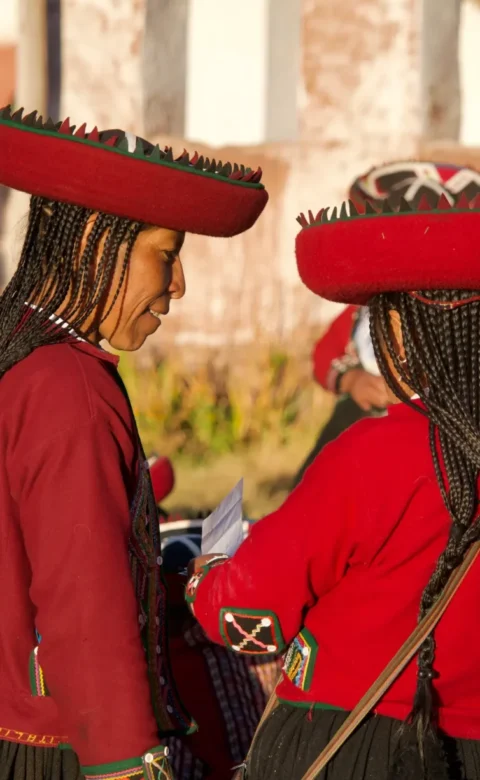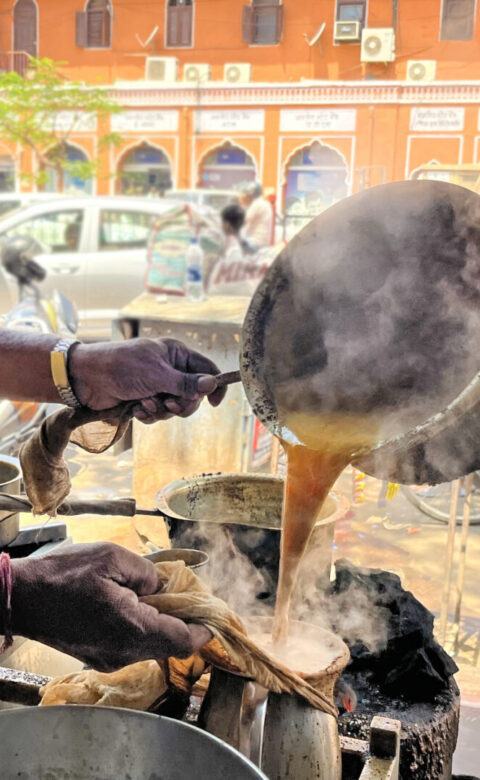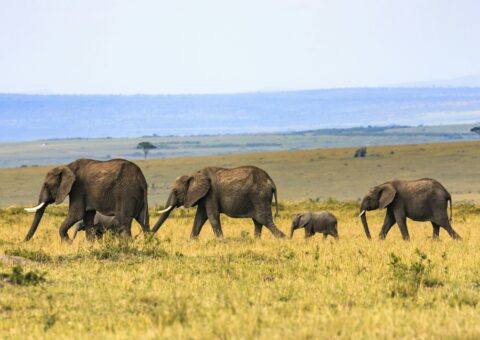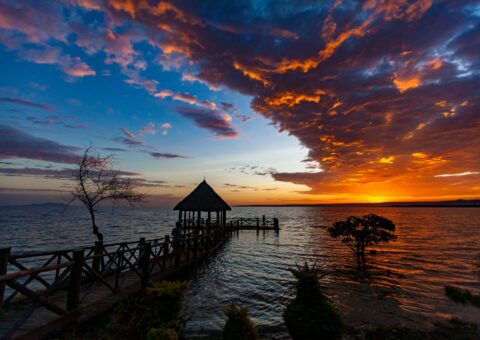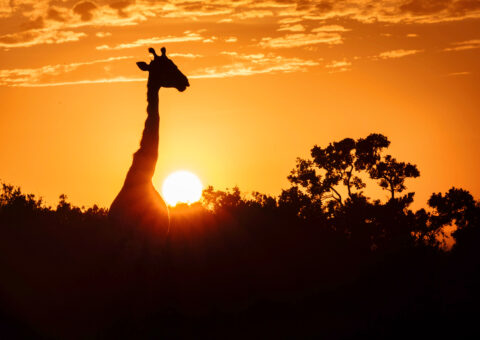Some people seek out the Kenyan coastal town of Lamu to escape the city’s chaos. For Cecilia Mwangi, it took a day with a donkey and his conductor to appreciate the real value of what Lamu has to offer.
Lamu can be an infuriating town to live in if you are accustomed to the rat race of modern city life.
This was my first impression of the sleepy coastal town off the Kenyan coast. I had just arrived from Nairobi, my hometown and Kenya’s capital city. Nairobi is vibrant and noisy. My antenna is always on high alert to avoid a stampede by hawkers as they flee the city council officials — or even thwart the occasional purse-snatcher. Lamu’s slow pace is quite the opposite.
Founded in the 14th century, Lamu is the oldest town in Kenya, and it has an overwhelming feeling of a medieval town caught in a time freeze. It is a predominantly Muslim town, and the call to prayer blasts from loudspeakers at dawn, mid-day, and in the evening.
I was in Lamu for a three-day vacation. I spent the first day settling down in a cottage on the outskirts of the town. Rather than spend the next day in town, I took a trip on a dhow, the boats with triangular sails that have been the backbone of trade between India and East Africa for centuries.
But it wasn’t until my final day, when I met Fahim, a local donkey conductor, that I unlocked Lamu’s secret about slowing down.
One of the fascinating things about Lamu is the donkey transport. I had wanted to tour Lamu and get a first-hand feel of the town. At the Whispers Café, I ate some mahamri (local buns) and spicy cinnamon tea for breakfast before setting off to explore the town by donkey.
I had booked my donkey through a local touring company for the whole day. By 8:00 a.m., the sun was already up when Fahim, my donkey conductor and guide for the day, arrived.
Fahim is a man in his 50s with the leathery skin that comes with staying in the sun for many hours. His donkey, Mfalme (meaning “king”) is a healthy-looking, patient beast. On Mfalme’s back was a mat made from palm fronds and a couple of rolled-up baskets made from the same material. After initial greetings, we set off.
The streets in Lamu are narrow and, save for donkeys and human beings, there are no vehicles. The old town is steeped in history, which I observed in the town square where slaves were gathered before being shipped off. There is a thriving art and crafts trade where I watched people make dhows and carve ornate Lamu doors. Travellers are enticed to buy miniature dhows, sandals, and other keepsakes.
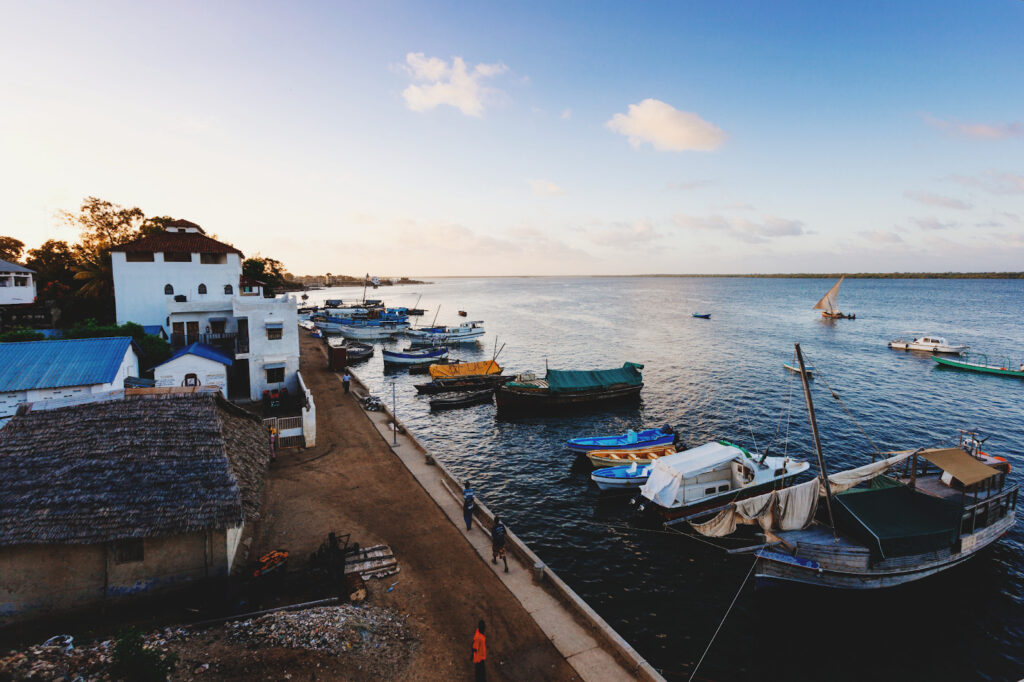
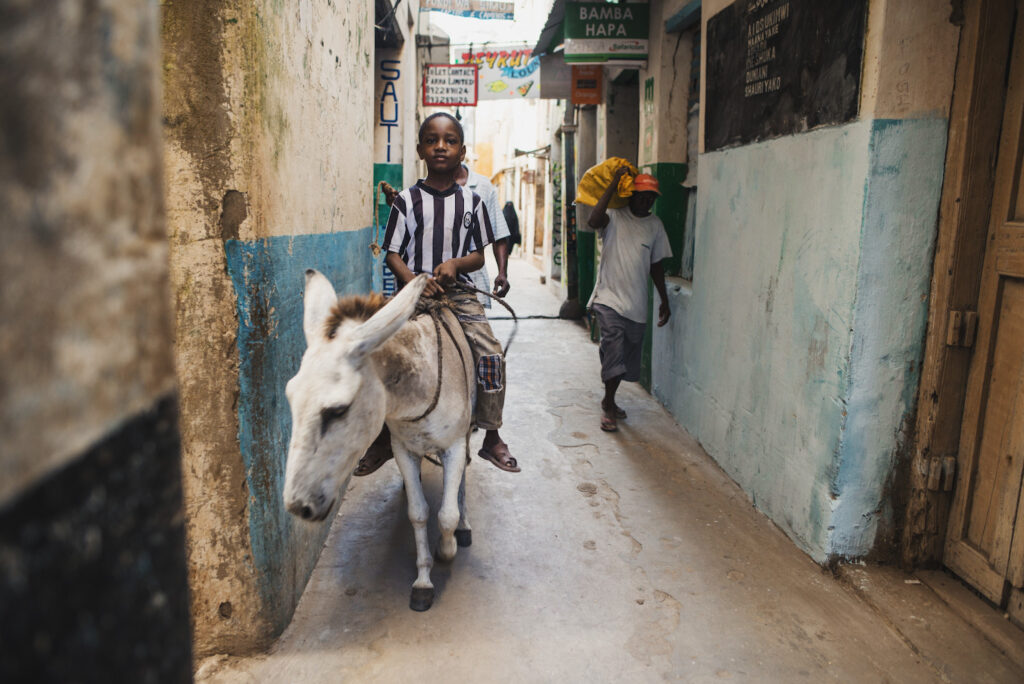
Fahim guided Mfalme gently along the streets to the local vegetable market, where all types of fruits and vegetables are sold. I eyed the various spices commonly used to flavour a wonderful array of dishes sold in many shops. For anyone eager to try out those spices, there is a mixture of Arabic, African, and Persian cuisine in the local cafes and hotels throughout Lamu. I also shopped for vitenge, the local colourful cloth.
I talked with Fahim into the night while his donkey browsed the sparse roadside vegetation. I asked him about his life in Lamu and why he did not relocate to a more lively town like Mombasa, where he could buy a motorbike or even a tuk-tuk and later expand his taxi business.
He pointed out the ruins around Lamu and reminded me they were once full of people. Those people are largely forgotten despite living in a once prosperous and thriving community. “At the end of the day,” Fahim said, “it is only our humanity and relationship with our creator that matters.
“In Lamu, I am surrounded by friends and family who look out for each other,” he explained. “One of my brothers is a fisherman who always has something set aside for the family when he brings in the day’s catch.” Another relative owned a shop, and Fahim carried provisions for restocking it on his donkey.
Mfalme helps him earn money to feed his family. He has another donkey under the care of a cousin. The donkeys feed from the wayside and cost virtually nothing to maintain. What is more, if Fahim needed more donkeys he would get in touch with someone with a mare and agree on a small fee for a foal.
In short, he was living the life he wanted. “There is no stress in my life,” he said, as Mfalme plodded down another street. “And tourists pay good money to live the type of life I live every day.” His only grouse was the modernisation of Lamu Port by the Kenyan government. The construction of berths and dredging of the harbour interfered with the local fishermen’s supply of fish.
Community, family, plenty of sun, good food, and peace with your creator are important for a happy life. And at the end of the day, relationships trump possessions. Slowing down, I learned this ancient lesson from this ancient place.
It was my special gift from Lamu and from Fahim, my friend, the donkey conductor.

